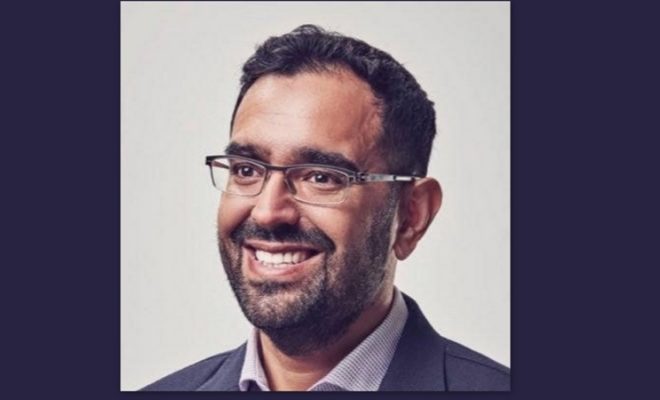
OpenAI’s identity crisis and the battle for AI’s future
Back in 2020, I had a long conversation with Sam Altman about the role of OpenAI’s board and how he thought governance of the organisation might change. Looking back, Sam’s answers were prescient.
Azeem Azhar: I’m curious about what you think a Global Compact [for AI], might look like in the next few years, where we feel we can get these technologies working for humanity, but in a way that is well-governed.
Sam Altman: It’s a super important question. We can study history and see how that goes. When there is no public oversight, when you have these companies that are as powerful as, or more powerful than, most nations and are governed by unelected, and to be perfectly honest, fairly unaccountable leaders, I think that should give all of us pause as these technologies get more and more powerful.
And I think we need to figure out some way not just that economics get shared and that we deal with the inequality problem that society is facing, but the governance about these very big decisions. What do we want our future to look like in the world with very powerful AI? That is not a decision that 150 people sitting in San Francisco make collectively. That’s not going to be good.
Azeem Azhar: I haven’t found good models right now that do this. I think that people talk about the idea of minilateralism, which is that if you can just bring enough people to talk often enough, perhaps you create the kernel of a framework that other people can buy into, and then people copy that.
Sam Altman: Yeah, I think that is helpful for sure. But then there is always a question of how much teeth does it really have?
Let’s say we really do create AGI. Right now, if I’m doing a bad job with that, our board of directors, which is also not publicly accountable, can fire me and say, “Let’s try somebody else”. But it feels to me like at that point, at some level of power, the world as a whole should be able to say, hey, maybe we need a new leader of this company, just like we are able to vote on the person who runs the country.
And so, this question of what democratic process for companies that have sufficient impact looks like. I am very far from an expert here, and much smarter people than me have been thinking about it, but it occurs to me that we’ve got these models, and we can look at the different ones around the world and talk about some countries where it works better and where it doesn’t work as well.
Συνέχεια εδώ




